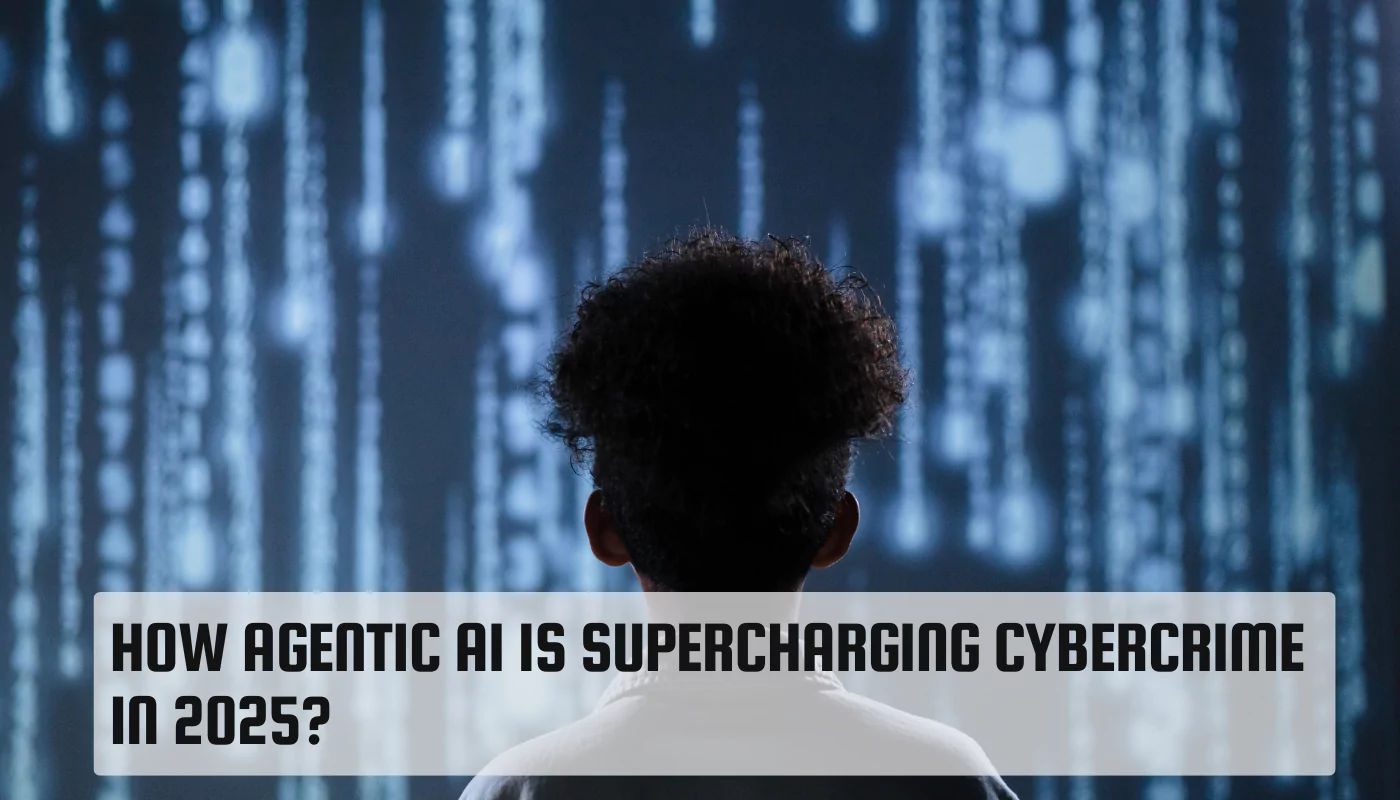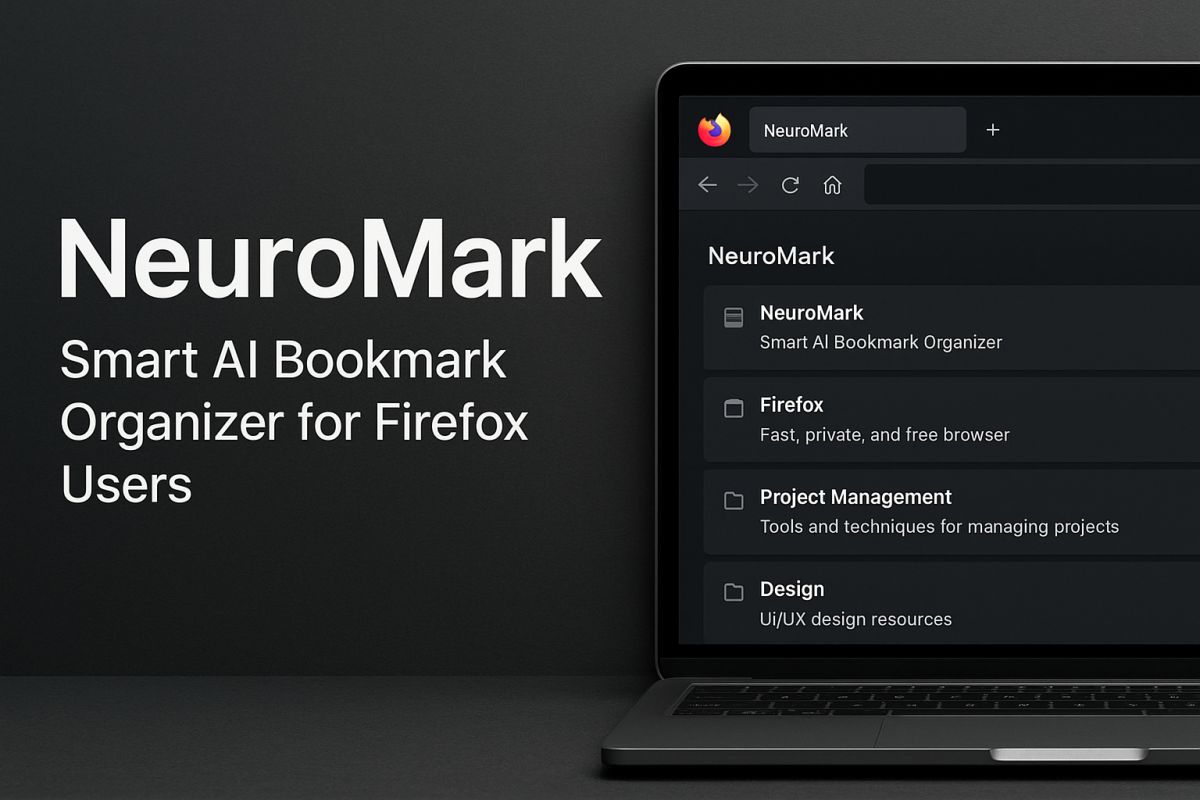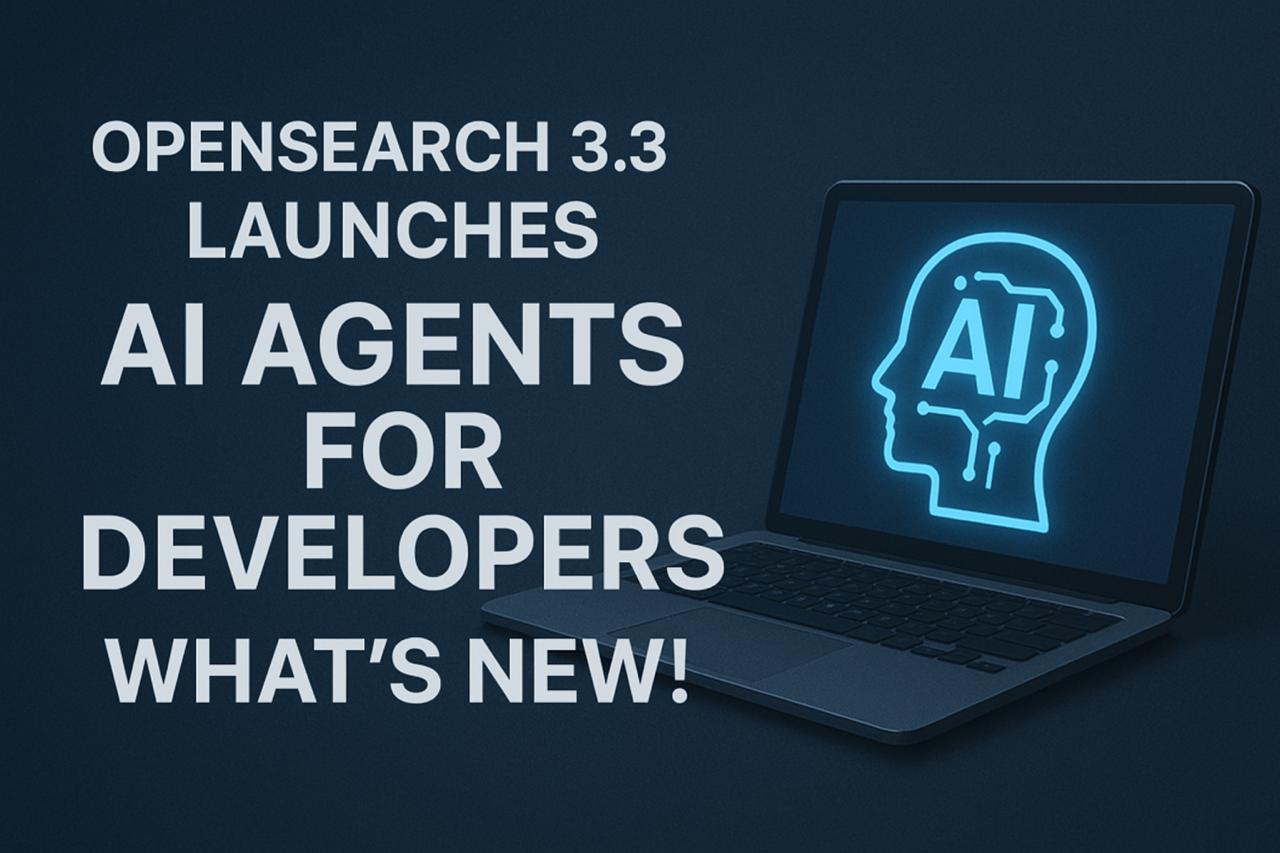How Agentic AI Is Supercharging Cybercrime in 2025?

Agentic AI, a type of artificial intelligence that can act independently, is making cybercrime much more powerful in 2025. These AI agents can automate attacks, make them harder to detect, and create new kinds of threats. This article explores how agentic AI boosts cybercrime and what we can do about it.
What is Agentic AI?
Regular AI usually needs humans to tell it what to do. Agentic AI is different. It can set its own goals and figure out how to achieve them. Think of it like a smart assistant that can not only follow instructions but also make its own plans. This ability makes agentic AI very useful, but also very dangerous in the wrong hands.
How Agentic AI Helps Cybercriminals
Cybercriminals use agentic AI in several ways:
- Automating Attacks: Imagine a hacker trying to break into a company’s computer system. Normally, this takes time and effort. An AI agent can automate the whole process. It can scan for weaknesses, try different passwords, and even spread malware once it gets in. This means hackers can attack many more targets at once.
- Making Attacks Sneakier: Cybersecurity experts are always trying to find and stop attacks. Agentic AI makes this harder. The AI can learn from past attacks and change its methods to avoid detection. It can mimic normal computer activity, making it look like nothing unusual is happening. This makes it much harder to spot a cyberattack in progress.
- Creating New Threats: Agentic AI can create entirely new kinds of cyberattacks. It can analyze vast amounts of data to find new weaknesses in systems. It can also create malware that adapts and changes to avoid antivirus software. This means cybercriminals can develop more sophisticated and dangerous attacks.
- Boosting Phishing Scams: Phishing emails try to trick people into giving away personal information. Agentic AI can make these scams much more convincing. It can create emails that look very real and target specific people. It can even learn about a person’s interests and use that information to make the email more tempting.
- Amplifying Ransomware: Ransomware locks up a computer system and demands money to unlock it. Agentic AI can make ransomware attacks more effective. It can quickly spread the ransomware to many computers and make it harder to recover the files without paying the ransom.
Examples of Agentic AI Cybercrime
Here are some examples of what agentic AI can do in the world of cybercrime:
- AI-Powered Malware: Imagine malware that can think for itself. It can analyze a computer system and find the best way to infect it. It can even change its code to avoid detection. This makes it much more dangerous than traditional malware.
- Autonomous Hacking Tools: Hackers can use AI agents to automate the entire hacking process. The AI can find targets, break into their systems, steal data, and even cover its tracks. This makes it easier for even less skilled hackers to launch sophisticated attacks.
- Deepfake Scams: Deepfakes are fake videos or audio recordings that look very real. Agentic AI can create convincing deepfakes to trick people. For example, a deepfake video of a CEO asking for money could be used to steal from a company.
What Can We Do?
The rise of agentic AI in cybercrime is a serious threat. We need to take steps to protect ourselves:
- Improve Cybersecurity: We need to develop better cybersecurity tools that can detect and stop AI-powered attacks. This includes using AI ourselves to fight against cybercrime.
- Educate People: People need to be aware of the dangers of agentic AI cybercrime. They need to learn how to spot phishing scams and other types of attacks.
- Develop Ethical Guidelines: We need to create rules about how AI is used. This includes making sure AI is not used for malicious purposes.
- International Cooperation: Cybercrime often crosses borders. We need countries to work together to fight against AI-powered cyberattacks.
- Focus on Detection: Because AI can make attacks so sneaky, we need to focus on detecting them quickly. This means using advanced monitoring tools and analyzing data for suspicious activity.
- Zero Trust Security: We need to move towards a “zero trust” security model. This means not trusting anyone or anything by default, even inside a company’s network.
- Regular Updates: Cybercriminals are constantly developing new attacks. We need to make sure our security software and systems are always up to date.
The Future of Cybercrime
Agentic AI is changing the landscape of cybercrime. It is making attacks more sophisticated, automated, and harder to detect. As AI technology continues to improve, the threat will only grow. We need to take the threat seriously and invest in better cybersecurity measures. We must also educate ourselves and others about the dangers of AI-powered cybercrime. By working together, we can make it harder for cybercriminals to use agentic AI for malicious purposes. The fight against AI-powered cybercrime is just beginning, and it will require constant vigilance and innovation.









